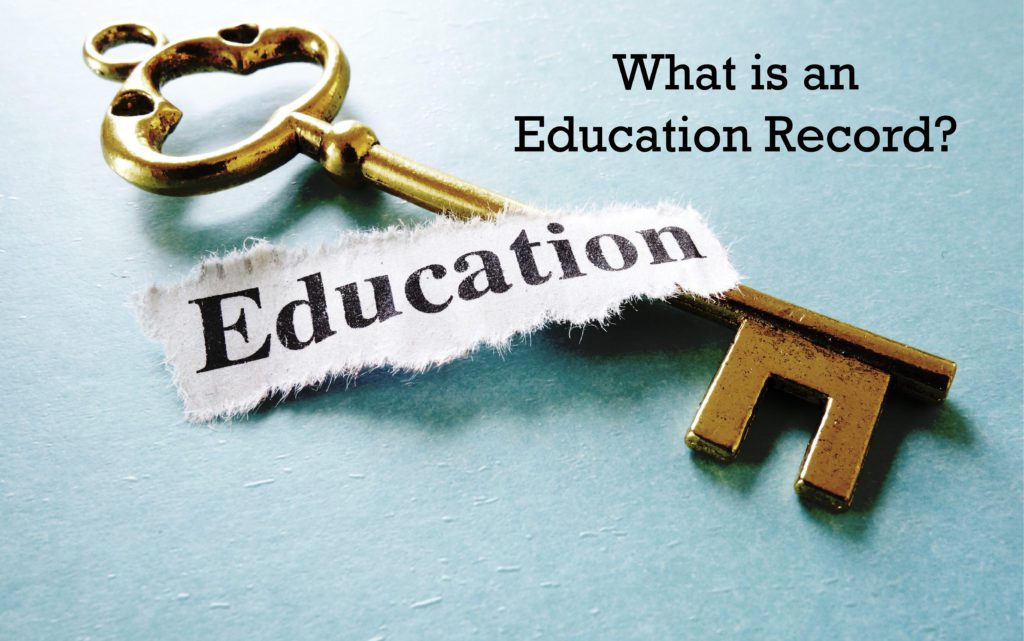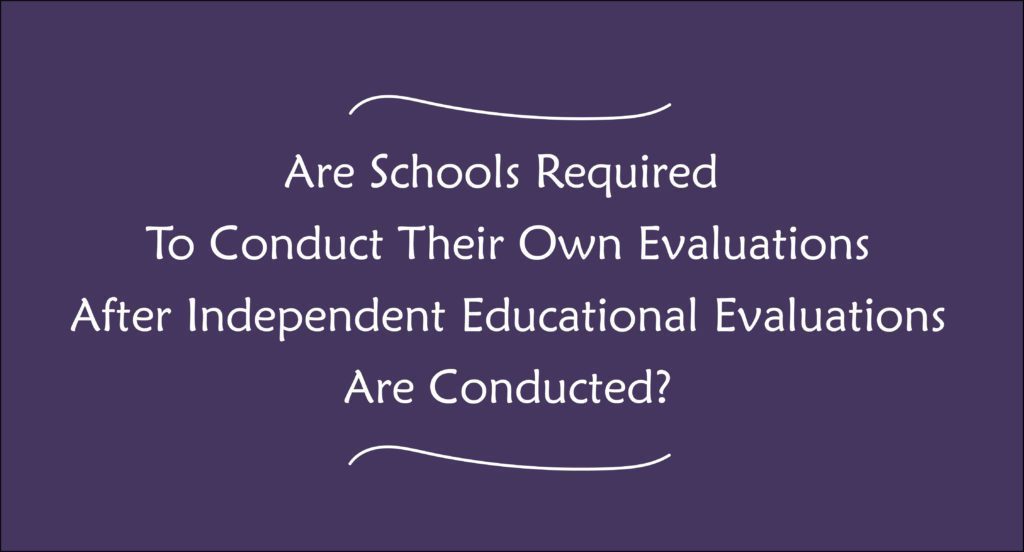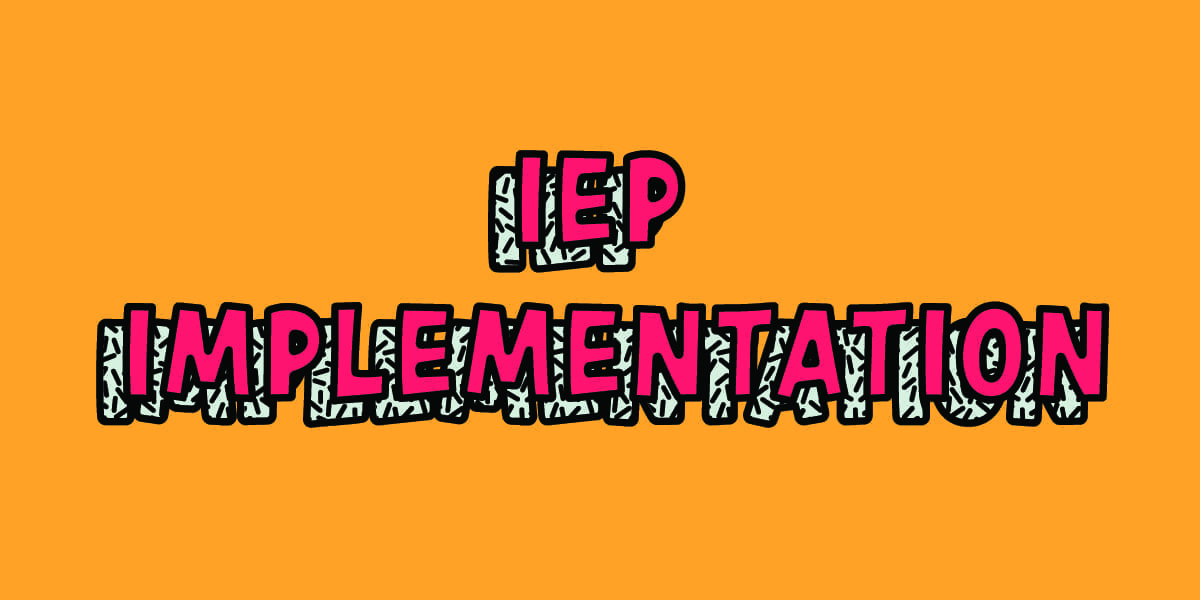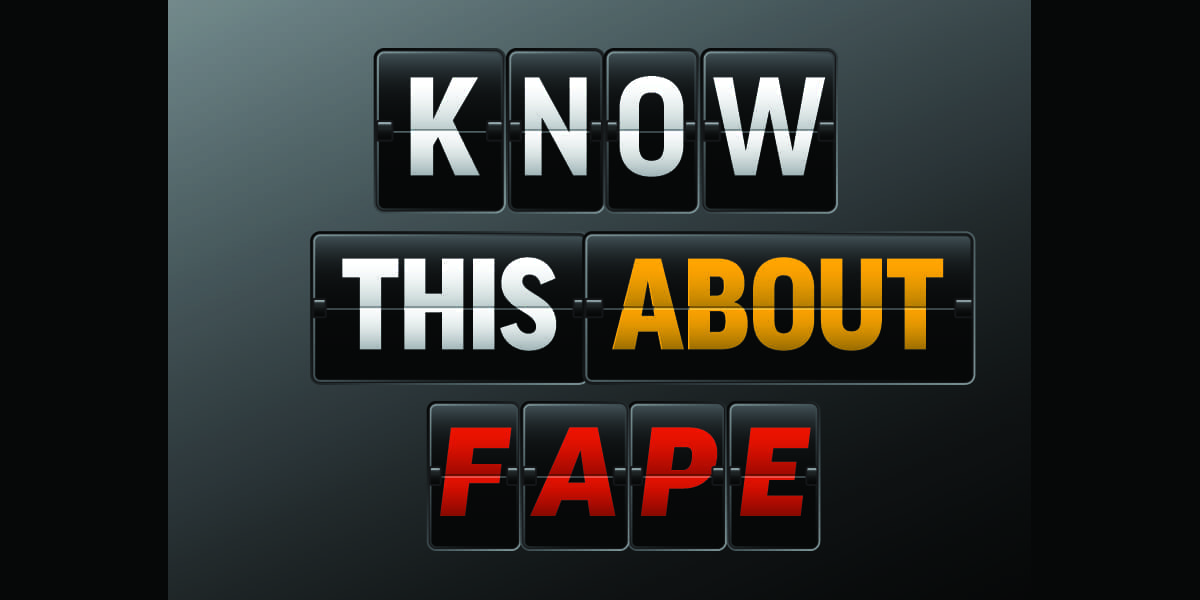IDEA 2004
Privacy is a Right, NOT an Accommodation
“Teachers should not intentionally allow other students to know that XXXXXX has an IEP and receives special education services.”
The parent didn’t understand that privacy is a right, not an accommodation, simply because the privacy violations modeled by the teacher pointed in the opposite direction.
Who Attends IEP Meetings and What is an IEP Team?
The IEP case manager for the parent’s child replies with a time and a date, and states that the child’s regular education teacher will not be a part of the IEP team.
The school’s proposed IEP team does not comply with the Individuals with Disabilities Education Act (IDEA).
If the parent agrees to the meeting, he or she will be attending a meeting, but not an IEP meeting with an IEP team as defined by IDEA.
It’s the Law: Confidentiality and Access of Student Records
Under the Individuals with Disabilities Education Act (IDEA) there are additional confidentiality and access protections.
This article includes a few examples of noncompliance, with which you might not be familiar, as well as your go-to regulations should you need them.
It’s the Law: Assistive Technology Devices and Services
This includes assistive technology devices and services. Examples include:
* A laptop that 1) scans worksheets, which the student can then type on (because typing might be easier than writing), and 2) can be used to take pictures of the front board, notes, or any other information the child needs.
* A computer with a screen reader, to help with literacy
* Access to Learning Ally and other sources for audiobooks
* Noise-cancelling head-phones
*Voice-recognition software
If your child needs assistive technology devices or services, under both IDEA and Section 504, your child has the right to be provided them.
What Is An Education Record?
An education record simply isn’t a file consisting of report cards and progress reports. It includes such records as emails and legal invoices, too.
Are Schools Required To Conduct Their Own Evaluations After Independent Educational Evaluations Are Conducted?
“No,” is the answer from Rory Duffield and Lourrie Duddridge, two senior specialists with Fairfax County Public Schools (FCPS), one of the largest school districts in the United States.
Regulations and Case Law School Divisions, Lawyers, Hearing Officers, and State Education Agencies Use: IEP Implementation
This article focuses on IEP Implementation-related regulation and case law that school divisions, school division lawyers, hearing officers, and state education agencies use in documents they issue.
Know This About FAPE
FAPE is an acronym for Free Appropriate Public Education.
Free Appropriate Public Education is not the definition of FAPE.
If you don’t know it already, it is time to learn the definition of FAPE.
In order to know if the school division and its teachers are providing FAPE, you need to know what it is.
§300.323(c)
One goal of this series is to identify usage trends. Each article will be dedicated to one regulation. The articles will be routinely updated to include when, where, how, and who most recently cited the regulations.
It’s the Law: Mediation
There’s a lot to get fired up about when it comes to special education, but mediations get me hotter than a tin roof during a heat wave.
Why?
Lot’s of places to get snagged if you aren’t careful and/or don’t even know these briar patches exist.









